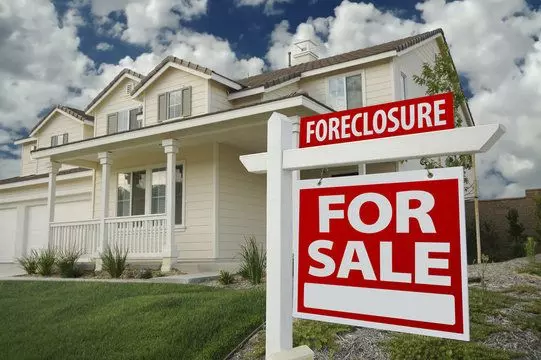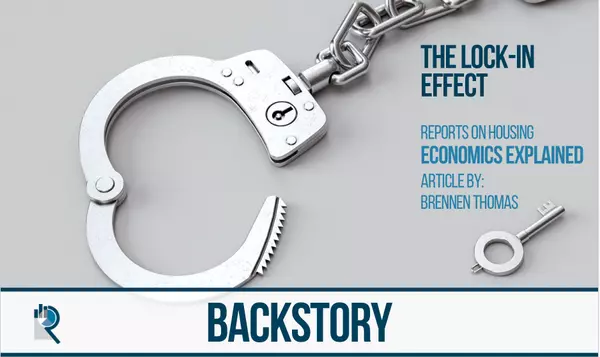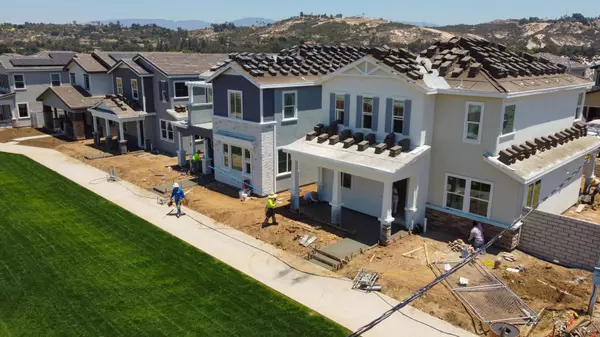The Hope and Uncertainty Surrounding the 2024 Housing Market

"Right now, home prices are high, as are mortgage rates," explains LendingTree Senior Economist Jacob Channel. "With that in mind, I can understand why some might wish for a housing crash that brings lower prices. Unfortunately, if the national housing market were to crash, odds are that it would bring down the rest of the economy with it."
The Reality of Economic Downturns
While some households might theoretically "benefit" from a housing market crash, Channel cautions that economic downturns tend to do more harm than good. Although home prices may slide, banks typically tighten their lending standards during such times, meaning that most Americans wouldn't benefit from improved affordability.
"If you're hoping that the housing market will crash and make it easier for you to buy a house, you'll probably be disappointed," he said. "Not only does data indicate the odds of a housing crash in the next few years are slim, the past shows that when the market crashes, it tends to hurt more people than it helps."
Survey Highlights
The LendingTree survey involved over 2,000 consumers aged 18 to 77, providing a comprehensive view of public sentiment regarding the housing market:
- 45% of respondents believe the housing market will crash in 2024.
- 31% of respondents are unsure about the likelihood of a 2008-esque decline.
- When breaking down the data by age groups, millennials were the most likely to expect a crash (52%), followed by Gen-Zers (48%), Gen-Xers (42%), and baby boomers (30%).
- Households with children younger than 18 were more likely to predict a crash (55%) than households with children older than 18 (35%).
- Homeowners were more likely to believe in an impending crash (46%) than non-homeowners (46%).
- Only 25% said they believed the market wouldn't crash over the next 12 months.
The Optimistic Minority
Surprisingly, for those who foresee a housing crash in the near future, a significant portion of them aren't necessarily scared by the prospect. In fact:
- 36% of homeowners who expect a crash believe it could benefit them.
- 15% anticipate a drop in property taxes, while another 15% think it "could lead to future stability."
- 32% of non-homeowners who foresee a crash believe it's the only way they'll be able to afford a home. They expect mortgage rates and home prices to fall in the midst of an economic downturn.
Jacob Channel points out, "It's not impossible for home prices to fall and make a given housing market more affordable. It's also not necessarily impossible for the housing market to outright crash next year while the rest of the economy remains relatively okay (though it's very unlikely)."
The Reality of Economic Downturns
While some households might theoretically "benefit" from a housing market crash, Channel cautions that economic downturns tend to do more harm than good. Although home prices may slide, banks typically tighten their lending standards during such times, meaning that most Americans wouldn't benefit from improved affordability.
"If you're hoping that the housing market will crash and make it easier for you to buy a house, you'll probably be disappointed," he said. "Not only does data indicate the odds of a housing crash in the next few years are slim, the past shows that when the market crashes, it tends to hurt more people than it helps."
The Path Forward
In conclusion, while today's housing market is far from perfect and affordability remains a challenge, experts like Jacob Channel advise against waiting for a market crash to make your move. Instead, prospective buyers should focus on practical steps like saving money, improving credit scores, and managing existing debts to strengthen their financial position for homeownership.
"An 'ideal' time to buy a house may never come, and if you're in a good position to buy now, doing so might be a good idea," Channel added. "After all, you could miss plenty of great opportunities if you're too worried about the future to act in the present."
So, while the prospect of a housing market crash in 2024 may capture the hopes of some, it's essential to consider the broader economic implications and take proactive steps towards homeownership rather than banking on a downturn that may never come.
Categories
- All Blogs (21)
- *Buyers (16)
- *Commercial Real Estate (8)
- *Community Event (7)
- *Industry News (16)
- *Luxury Real Estate (12)
- *Market Updates (13)
- *Mortgage News (12)
- *Probate Sales (11)
- *Renters (12)
- *Sellers (15)
- *Short Sales (14)
- Anaheim Hills (16)
- Brea (16)
- Community News (14)
- Corona del Mar (16)
- Costa Mesa (16)
- Dana Point (16)
- Divorce Real Estate (15)
- Fullerton (17)
- Huntington Beach (16)
- Irvine (16)
- Ladera Ranch (16)
- Laguna Beach (16)
- Newport Beach (16)
- Newport Coast (16)
- North Tustin (16)
- Open House (11)
- Orange Park Acres (16)
- Yorba Linda (16)
Recent Posts











“My job is to find and attract mastery-based agents to the office, protect the culture, and make sure everyone is happy! ”

